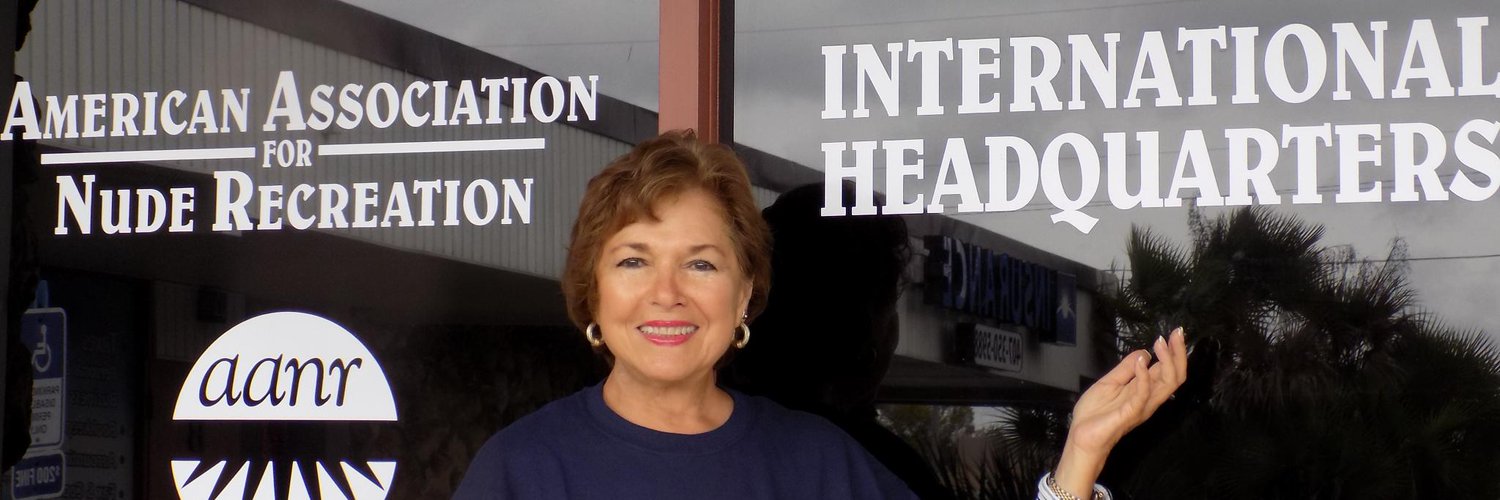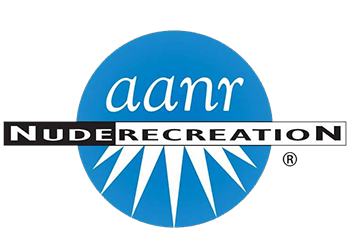
Ronna E Krozy, EdD, RN; AANR East Trustee and PR Committee Chair
Most nudist communities are like families … sharing in times of celebration and loss and imparting a sense of belonging, lasting relationships and physical and emotional support. Nudist couples often remain club members for many years. Yet, at any time, a couple may become a single due to death, divorce, separation, abandonment or other life circumstance. Partner loss creates uncertainties, especially about feeling welcomed in settings that favor couples. The following situations demonstrate how clubs compassionately support those experiencing loss (names/details altered to protect identities):
Rachel Jones, married 45 years, lost her husband unexpectedly. She never realized how tightly woven her friendships were. Members ensured she wasn’t left out of activities nor felt alone. If she needed help, all she had to do was ask. She said living outside the gates of camp…one often doesn’t know one’s neighbors. But her club makes everyone feel peaceful and accepted.
Mark and Nancy Gold
They were long time members and active volunteers. When Nancy became terminally ill, she decided to stay in her cottage for her remaining days. Neighbors visited often, brought meals, cleaned, listened, and let Mark cry. Hospice supported Nancy’s death. A well-attended celebration of life was held and Nancy’s name was added to a wall plaque acknowledging beloved deceased members. Mark reason for remaining so many years later was feeling welcomed, supported, and surrounded by Nancy’s spirit.
William Redman and John Hanover
Although avid players of sports, John died suddenly of a heart attack. Club members sent many condolence cards. William returned because the messages were so comforting and supportive. They were accepted as a couple and William knew their tight-knit group of players would be there for him.
When Frank Brewster, a widower, was ready to date, a particular challenge was revealing being a nudist, only mentioned after a few dates. He supports AANR’s efforts to normalize and increase acceptability of nudism. Fortunately, Frank found a compatible new partner, resuming his couple status.
Kat and Keith Triano
This couple unexpectedly announced they were divorcing. Friends were unsure how to support them especially since neither wanted to leave camp. Eventually, both stayed with one purchasing a new cabin. Given the contentious divorce, the couple remains minimally communicative. While friends are empathetic and allow each to vent, they’ve agreed to not take sides.
Roberta Murphy
The Murphy’s raised their children in a proud naturist family. When Don was diagnosed with pancreatic cancer, Roberta’s world crashed. Their core group of friends looked out for them, helping at their club and their home. After Don died, Roberta reflected that the club was part of both their lives and thinking about it as a single person was difficult. Some people seemed unsure of what to say and avoided her or the topic of Don’s death. She notes that a simple “I’m sorry for your loss,” or even a hug would have sufficed. However, she forced herself to keep active, accepting invitations and joining club committees and she remains a cherished member of her club.
Steve Lewis left Barb Lewis for another woman. Hurt, angry and ashamed, Barb expressed this was worse than if he had died. Death meant finality; there was no closure in being cast aside. She questioned her worth, her self-image and if she were at fault. One consequence: she couldn’t afford to remain at her club. Always a helper, she now needed emotional and tangible support. Members rallied, directing Barb to an accessible support group and secretly collecting one year’s membership. While not a permanent solution, this affirmed her as a valuable community member.
Most nudist communities react supportively to members’ losses. Yet some clubs require members and visitors to be couples, making a remaining partner no longer welcome. This practice should be eradicated because it amplifies the trauma of loss and removes the support that is so important.
Helpful actions to address grieving:
- Let the individual know that you are there to listen or are comfortable with silence.
- Don’t say “I know how you feel,” or “Just think of the good times you had.” But share a similar experience if it would be helpful.
- Don’t be afraid to mention the loved one’s name or positive memories or characteristics.
- Offer practical help like shopping, cleaning, cooking or pet/child care. A grieving person may be in shock, depressed or exhausted and find it difficult to ask for help.
- Be non-judgmental about the way that someone expresses their grieving; understand that grieving takes different forms and different amounts of time.
- Be supportive long after the loss occurs. Offer fun activities (i.e., eating out, movie, playing cards, etc.).
- Be empathetic when special occasions and holidays might trigger sadness.
- Mention that others with similar experiences often find comfort in support groups.
- If after several months, the person seems unable to cope with day-to-day activities, withdraws from socializing, expresses ideas of self-harm or other symptoms of distress, such signs require professional counseling or therapy. It is appropriate to say, “I am concerned that since (state the loss), you have been (name the behavior.). Would you consider seeing a professional to help you through this?”
- Abandonment creates a different type of emotional crisis than death, especially issues of trust, self-esteem, and fear of being left again. Abandonment survivors experience grief and despair without the benefit of bereavement cards or a sanctioned mourning period. Unresolved abandonment issues can interfere with present and future relationships. Support from friends and family and particularly abandonment support groups can greatly help the healing process.
- Loss may impact friends and colleagues. Providing opportunities for closure, such as a celebration of life, can lessen some of the sadness.
Ronna E Krozy, EdD, RN; AANR East Trustee and PR Committee Chair

